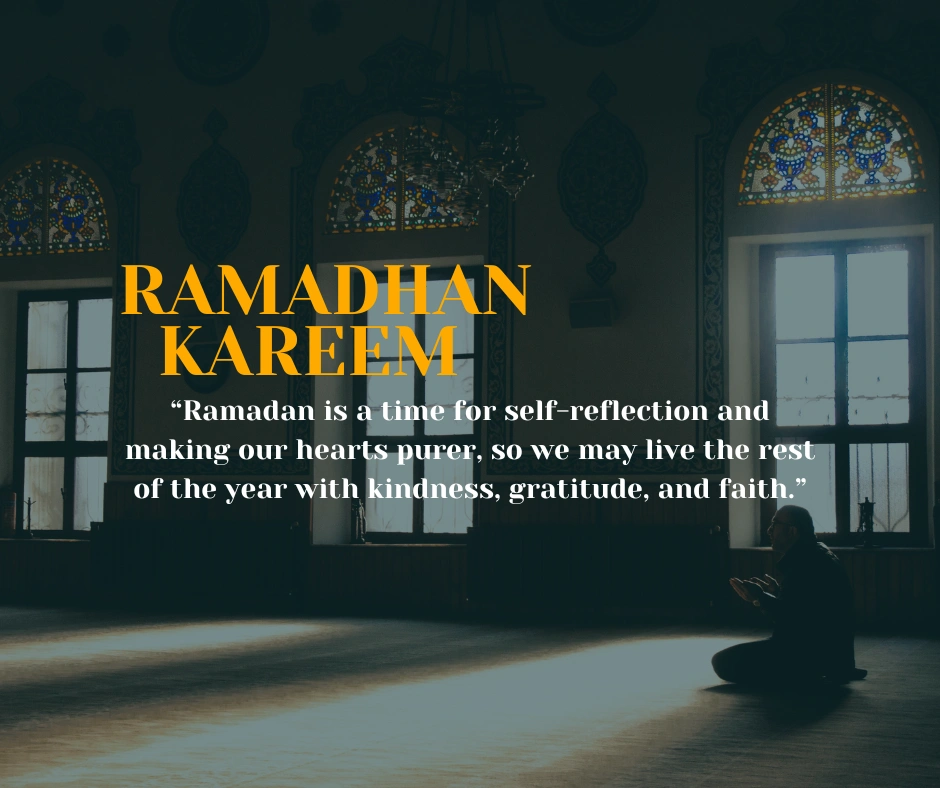Prayers for Iftar and Sehri Dua: Intention, History and Significance of Fasting
Ramadan is a holy month for Muslims. Fasting in this month is one of the five pillars of Islam. It is very important to make the right intention for fasting and recite specific duas during Iftar and Sehri. Read the Iftar and Sehri Dua, fasting intentions, and the significance of Ramadan fasting in Islam with references from the Quran and Hadith.
Ramadan is not just abstinence from food and drink, it is a means of self-purification. In this post, we will discuss the history of fasting, its intentions, prayers for Sehri and Iftar, and its importance in the light of Quran and Hadith.
History of Ramadan
Fasting has been introduced since the early days of Islam. However, the practice of fasting was prevalent not only in Islam but also in other religions. Fasting of Ramadan was made obligatory in 624 AD (2nd year of Hijri) during the time of Prophet Muhammad (PBUH). The Holy Quran says:
“O you who believe! Fasting is enjoined upon you, as it was enjoined upon those before you, that you may attain piety.” (Surah Al-Baqarah 2:183)
This implies that fasting is not only physical restraint, but also a means of self-purification and obedience to Allah.
The purpose and importance of Ramadan
It is necessary to make an intention to start the fast. No worship is complete without intention.
Niyat of fasting (Bengali pronunciation):
“Nawaitu an Asuma Gadam Min Shahri Ramadan, Minal Fajri Ilal Maghrib, Khalishan Lillahi Ta’ala.”
Meaning: I intend to fast the next day of Ramadan, from dawn to dusk only for the sake of Allah.
Explanation about the importance of Ramadan
- Means of self-purification: Ramadan purifies the soul and helps to avoid bad habits.
- Gaining Allah’s Pleasure: Ramadan can gain Allah’s pleasure.
- Patience: Ramadan teaches people to be patient.
- Forgiveness of sins: It is said in the hadith that all previous sins are forgiven by Ramadan.
Prayers and intentions of Sehri
Eating Sehri is Sunnah and is a blessed act. It is said in the hadith:
“Eating Sehri is blessed, so do not forsake it.” (Bukhari, Muslim)
Sehri Dua (Bengali Pronunciation):
“Wa Bisawmi Gadin Nawaitu Min Shahri Ramadan.”
Meaning: I intend to fast the next day of Ramadan.
Explanation about the importance of Sehri
- Gives energy to the body: Sehri food gives the body energy to fast throughout the day.
- Opportunity to observe Sunnah: According to Hadith eating Sehri is a blessed Sunnah.
- Makes Fasting Easy: Eating Sehri properly makes fasting the whole day relatively easy.
Iftar time and prayer
Reciting Iftar Dua of Iftar and Sehri Dua while breaking the fast is Sunnah and highly virtuous. It is stated in the hadith that prayers are accepted during Iftar.
Iftar prayer:
“Allahumma laka sumtu, wa biqa amantu, wa ala rizqika aftartu.”
Meaning: O Allah! I have fasted for Your pleasure, put my faith in You, and broken my fast through Your sustenance.
Explanation about the importance of Iftar
- When Dua is Accepted: In Hadith, Dua is accepted during Iftar.
- Moments of Joy for the Faster: Breaking the fast after breaking the fast is joyful.
- Body is rejuvenated: Iftar gives energy to the body and keeps it healthy.
If any worng this Iftar and Sehri Dua post, please contact us
Benefits of Ramadan
Physical Benefits:
- Detoxification: Fasting rids the body of toxins.
- Improves Digestion: Fasting for a long time improves digestion.
- Helps in weight loss: Regular fasting keeps weight under control.
Spiritual Benefits:
- Promotes self-purification: Fasting keeps the soul from bad habits.
- Sins are forgiven: nearness to Allah is gained.
- Interest in worship increases: Interest in worship increases during Ramadan.
Social Benefits:
- An opportunity to understand the plight of the poor: Being hungry gives a sense of the plight of the poor.
- Humanity Increases: Inspires charity.
- Builds social cohesion: If everyone breaks the fast together, camaraderie increases.
Conclusion of Iftar and Sehri Dua:
The month of Ramadan is an important time for Muslims. Fasting, Sehri and Iftar, and reciting correct dua are highly virtuous in this month. The importance of fasting has been discussed many times in the Quran and Hadith. Through fasting we can purify ourselves, gain the pleasure of Allah and increase our good deeds. So, let us all make use of this holy time of Ramadan and strive to seek Allah’s mercy. Remember, must be read Iftar and Sehri Dua clearly.





